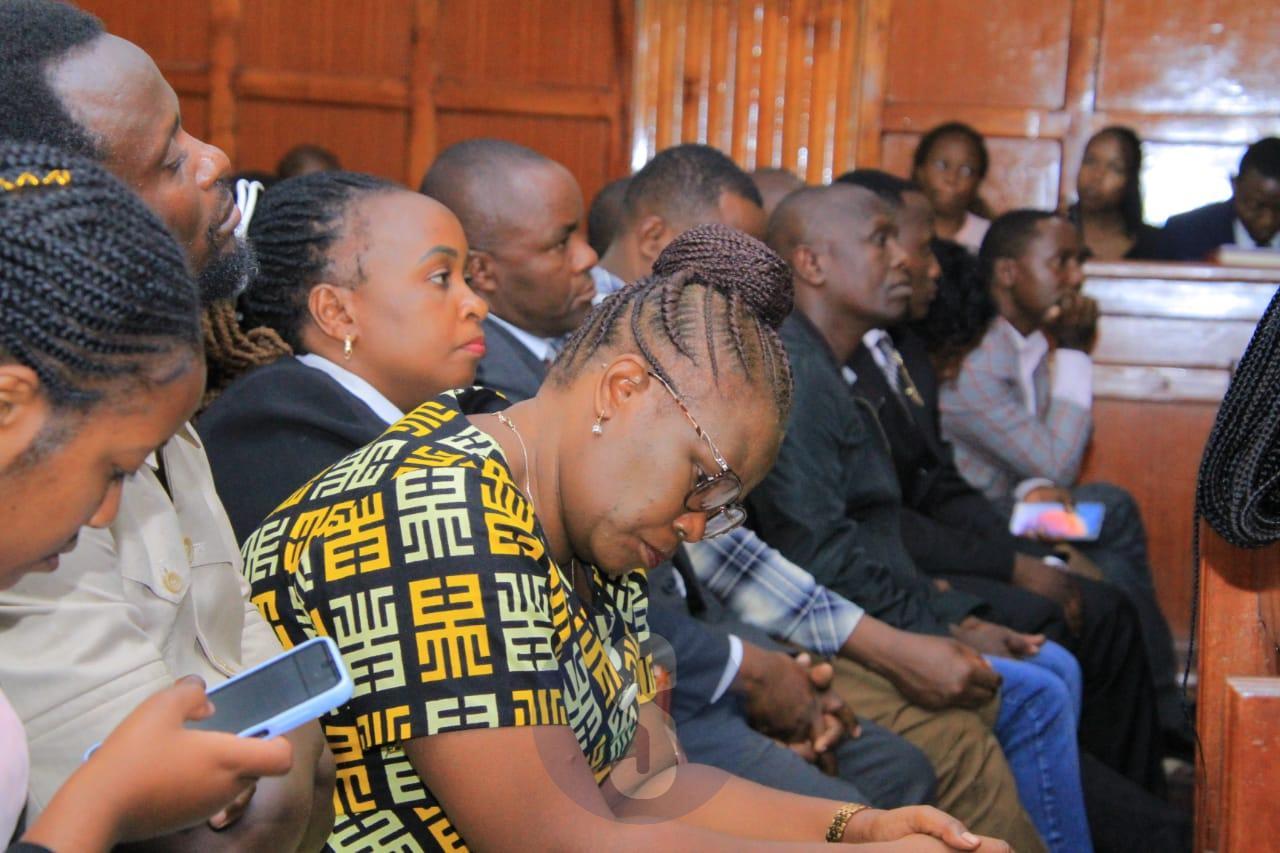
Kenya’s digital revolution is not just about mobile banking or e-commerce; it’s breaking barriers in critical areas like sexual and reproductive health and rights.
For adolescents and youth—who make up 75 per cent of Africa’s population—technology is opening doors to services and conversations once hindered by stigma, geography and cost.
In a country where early pregnancies, HIV and gender-based violence remain significant challenges, digital innovations are proving to be game changers.
Platforms like mobile apps, tele-medicine and online forums are offering young people tools to make informed health decisions privately and confidently.
Kenya is leading the way in leveraging technology for SRHR.
The Nena Na Binti Call Centre, run by the Reproductive Health Network Kenya, is a prime example.
Other digital solutions include: e-contraception platforms, which allow users to order contraceptives discreetly, bypassing societal judgment; tele-medicine services, which enable access to safe guidance for medication abortion and contraception delivery; and online STI testing platforms, which have doubled testing uptake by making services private and accessible.
These innovations address real challenges in Kenya, where adolescent pregnancies remain high, and many lack education on reproductive health.
But as we embrace these tools, we must also confront their risks.
The transformative potential of technology comes with its own set of challenges.
Shared mobile devices in patriarchal households can expose young women to violence or reproductive coercion.
Social media, while a powerful advocacy tool, is also a breeding ground for misinformation.
Experts recommend a careful approach.
This includes: identifying potential risks during design; proactively minimising harms through ethical safeguards; monitoring outcomes to ensure inclusivity; and providing support systems for users facing harm or misuse.
As Kenya prepares to host the eighth Pan-African Adolescent and Youth SRHR Scientific Conference from June 24 to 27, 2025, these issues will take centre stage.
Under the theme ‘Adolescents’ Sexual and Reproductive Health and Rights in a World of Emerging threats and Opportunities’, policymakers, innovators and youth advocates will explore how technology can be scaled responsibly to improve outcomes for all.
The Ministry of Health has a unique opportunity to champion the ethical implementation of digital SRHR solutions.
From expanding services like Nena Na Binti to ensuring equitable access for rural and urban adolescents alike, Kenya can set an example for the rest of Africa.
The challenges are significant—early pregnancies, high rates of sexually transmitted infections and limited access to reproductive education.
But the opportunities are even greater.
With responsible use of technology, adolescents and youth can access the tools they need to live healthier, more empowered lives.
The future of adolescents’ sexual and reproductive health in Kenya lies in a digitally connected and informed generation.
The question isn’t whether technology can make a difference—it’s how quickly we can scale these innovations to reach every young person, no matter where they are.
The time to act is now.
Kenya’s youth are ready. Are we?
JOE AURA
Communication & PR Associate,
Crestwood Marketing & Communications Ltd











